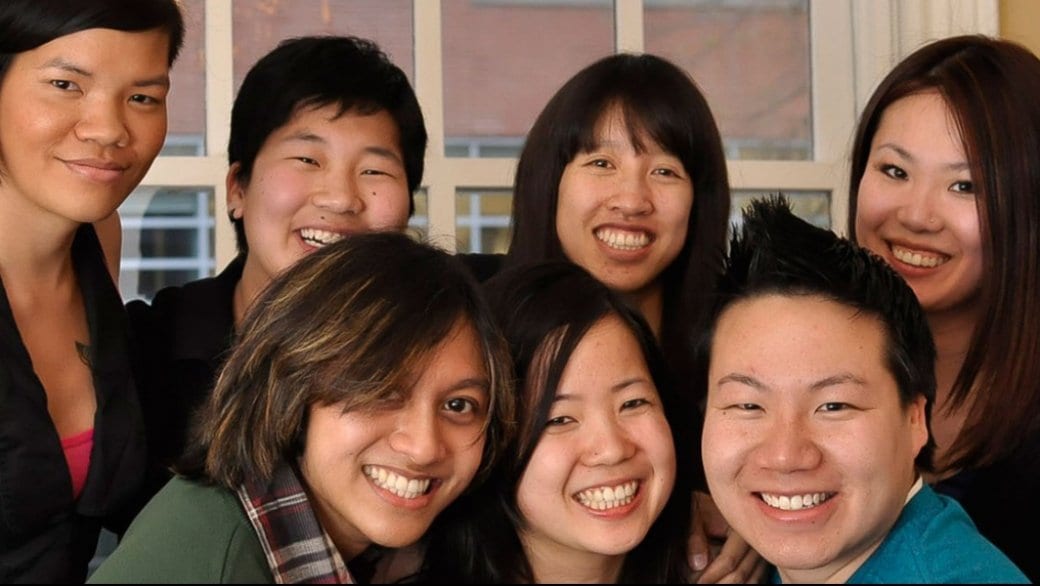Last year, Asian Community AIDS Services (ACAS) introduced a group of LGBT brochures for parents and youth. This year, they will focus their attention on reaching transgender youth and their families by creating two culturally and linguistically appropriate educational booklets.
“It’s a very difficult topic to talk about, especially between a LGBTQ-identified child and their parents and to have something like this is a good starting point,” says Inex B Incubury, who is leading the project and works as the Women’s Education and Outreach Coordinator at ACAS.
In a recent online opinion poll held by ACAS’ Queer Asian Youth program, 100 percent of the 30 LGBT youth who responded expressed the need for trans-specific educational resources.
Specifically within the Asian community, ACAS has found that when parents conducted research about transgender issues in their own language, most of the resources were transphobic and contained inaccurate and/or harmful information.
ACAS says the need for more resources has been echoed within the community, and they have received feedback from youth wanting see a translation of current and accurate information on the challenges for trans youth.
For Incubury, creating a stand-alone resource focusing on transgender identity is necessary due to a lack of understanding between sexual orientation and gender identity with South and Southeast Asian parents.
“A lot of times there’s no clear understanding between a trans woman and a gay man, for example, or a trans man and a lesbian,” says Incubury.
“It is embedded in the culture, so it’s one of those things that’s not easy to address because it’s not one workshop or one sit-down with people,” adds Incubury. “It’s a continuous dialogue that needs to happen, especially if the family have a transgender youth.”
Two versions of the brochure will be developed — one aimed at parents explaining what it means if a family member is trans and how to support them, and the other aimed at youth, which will include information on how to speak to their family about gender identity.
“Generally speaking, second and third generations are more open to their children being LGBTQ-identified. However, with newcomers that’s not the case, especially when we’re talking about countries where it’s a bigger stigma than it is here to be trans-identified,” says Incubury.
Both brochures versions will be distributed in print and online and translated to seven Asian languages, including Traditional Chinese, Simplified Chinese, Korean, Japanese, Vietnamese, Thai and Tagalog. The Rainbow Grant from the Community One Foundation granted ACAS $5,000 for the project.
ACAS is currently in development phase of this year-long project and conducting interviews with trans youth and their families to help inform the content of their brochures. In order to address the needs of the community, ACAS will also work with the Asian LGBT community and their family members to establish an advisory committee to guide the development of the brochures, collect input and recommendations through a focus group or interviews, and translate the resources.
The release of the brochures is expected in April 2017.
For the upcoming brochures, ACAS is currently conducting interviews with trans youth and their families until the end of November 2016. If you’d like to participate, contact:
Inex B Incubury
Women’s Education and Outreach Coordinator
women@acas.org

 Why you can trust Xtra
Why you can trust Xtra


